For a student to be genuinely passionate about a subject in school is a rare and beautiful thing which is often impacted by teachers.
Getting a teacher that can connect well with students while effectively educating can be a blessing in an otherwise stress-filled school day. Being able to seek help from educators can promote one’s mental health and prepare students for harder curriculums in following years.
According to Emily Gallagher’s research on student-teacher relations, students benefit from a positive relationship, helping them feel more secure and safe in academic centers.
Though a handful of students are inspired by every single one of their teachers, many are forced to deal with restrictive and uninspiring educators that make students uninterested to the point where they dislike the subject.
Sania Mehra, a student at Crystal Springs Uplands School, said, “In subjects that I normally really like, if I get a teacher that is bad, I find myself hating the subject and it gets harder for me to comprehend.”
Teachers who rely on textbooks, are easily aggravated, or are unqualified to teach in particular subjects are just a few ways in which the education system can neglect the needs of students.
When a teacher chooses to read straight from a textbook, students begin to ‘space out’ and disassociate themselves from the environment. Most young children are not often entertained by textbooks, as research done by Yvonne Behnke would suggest.
According to Benhke, textbooks are inefficient on their own and provide little support for teaching key scientific concepts. The research states that in the future, if textbooks can improve to incorporate day-to-day key information towards global knowledge, then they will benefit from learning if paired with further explanation and research guided by a teacher.
Scholastic author Samantha Cleaver addresses the benefits of hands-on learning as opposed to simply lecturing and reading to students by observing and researching kids in their everyday classroom. She found that students tend to be more engaged and willing to participate when an activity is presented that allows more creativity and effort.
“When we have days of just listening to the teacher read, I find myself drifting off and not caring for that day. I can read a textbook myself. If I am giving up my time to be in that class, then I expect at least an involved learning experience,” said Simone Beilin, a sophomore at Carlmont High School.
The immediate consequences of a stale learning environment are evident for some. Once a student loses interest, their motivation for doing well in the class can slowly wither away. This chain of events may lead to plummeting grades that further contribute to a student’s poor mental health.
According to the American Sociological Association, children in classrooms with inadequate resources experienced worse mental health problems across four main measures, include learning, externalizing problems, interpersonal behavior, and internalizing problems.
The challenges children face in their daily lives require problem-solving skills that are not often taught to these pupils. The inability to learn caused from lack of support of the educator invites stunted basic mental strategies that can later create stress and anxiety, akin to Carol Dweck’s concept of a fixed mindset.
Data from Michigan State University states that teachers could be making anxiety symptoms worse and more prominent in teens. Students tend to view themselves on a “social ladder” where one’s rank is based on academic success. Teachers play a prominent role in providing lower self-esteem when it comes to educational accomplishments by increasing difficulty levels yet paired with inadequate teaching techniques.
As a class’s curriculum becomes harder, the inability to go to a teacher for help can be frustrating to many.
For some, an easily irritated personality types causes students to feel like the teacher is unable to support them as they are in fear of potential reactions when seeking extra help.
“When I get yelled at for the smallest of things just because my teacher cannot control herself, I immediately resent coming to the class. It ruins my opinion on the subject as well,” Noel Aleman, a junior at Archbishop Riordan High School said. “I don’t even feel comfortable enough getting help because I feel like I’ll just be yelled at.”
Florin Sava, from the Center for Psychological Studies and Research, demonstrated in her study that the results of hostile attitudes towards students from educators, causes psychological and somatic complaints from peers and pupils.
Once a student falls behind they may lack the motivation needed to be able to pick themselves up again. As the years continue, the same subjects can grow increasingly harder.
“I had a bad teacher one year and I did badly in the class and did not learn much,” said Alec Lacerte, a sophomore at Crystal Springs Uplands School. “The next year when I went to a harder level of that subject, it was even more of a struggle even though the teacher improved. It’s such a lasting effect.”
According to Alex Friedman’s research on the long-term effects of inefficient teachers, most cases of bad grades or failure to understand a subject can be pinpointed to past learning experiences. Teacher’s failure to do the bare minimum of their jobs can create struggles for students that may be difficult to overcome, even in future classes.
Friedman also addresses the fact that teachers’ own failure to understand the subject may influence the outcome of a student’s success.
According to The Secret Teacher, teachers are called in for jobs that employers are aware do not qualify. The author states that more and more teachers are being called into work for subjects they never trained for due to an increase in pupils and lower budgets. These impulse decisions stemming from lack of resources are often not sufficient for learning youth.
Teachers may also be the deciding factor of a career path a student might choose to embark upon. A survey done by Tong High School polled together the results of students’ influences to career paths which showed fifty percent stated that teacher’s mostly influenced the decision regardless of the subject.
Obtaining a truly passionate teacher can improve academic pathways by a sufficient amount and can carry students on for years but recovering from a negative experience can be a huge dilemma that another positive outcome cannot override.
“I just don’t understand how a teacher that’s been through school themselves and has experienced a negative impact from a bad teacher can allow themselves to follow in their footsteps,” said Nathan Basman, a student at San Mateo High School. “To not be a bad teacher requires the minimum amount of effort and if they can’t display that in their job, then they shouldn’t be the educators of our future.”

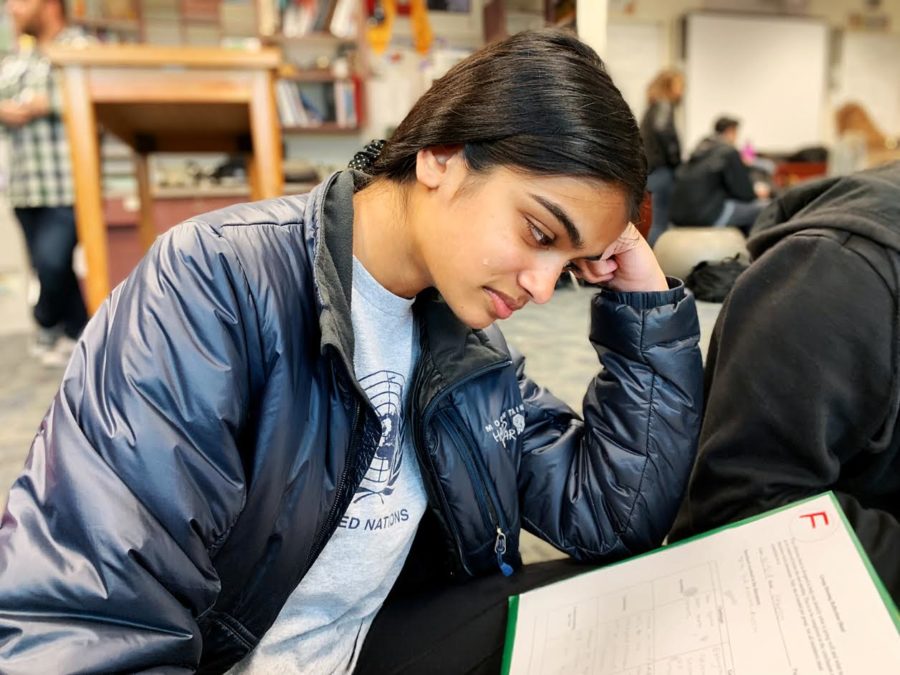
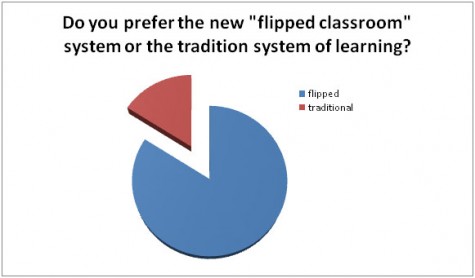
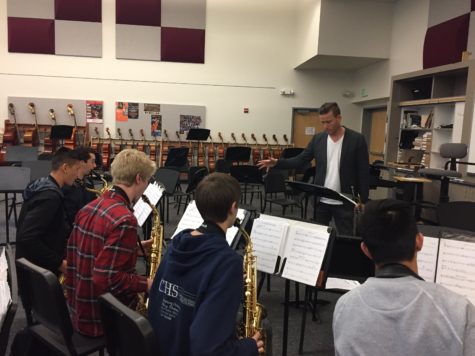

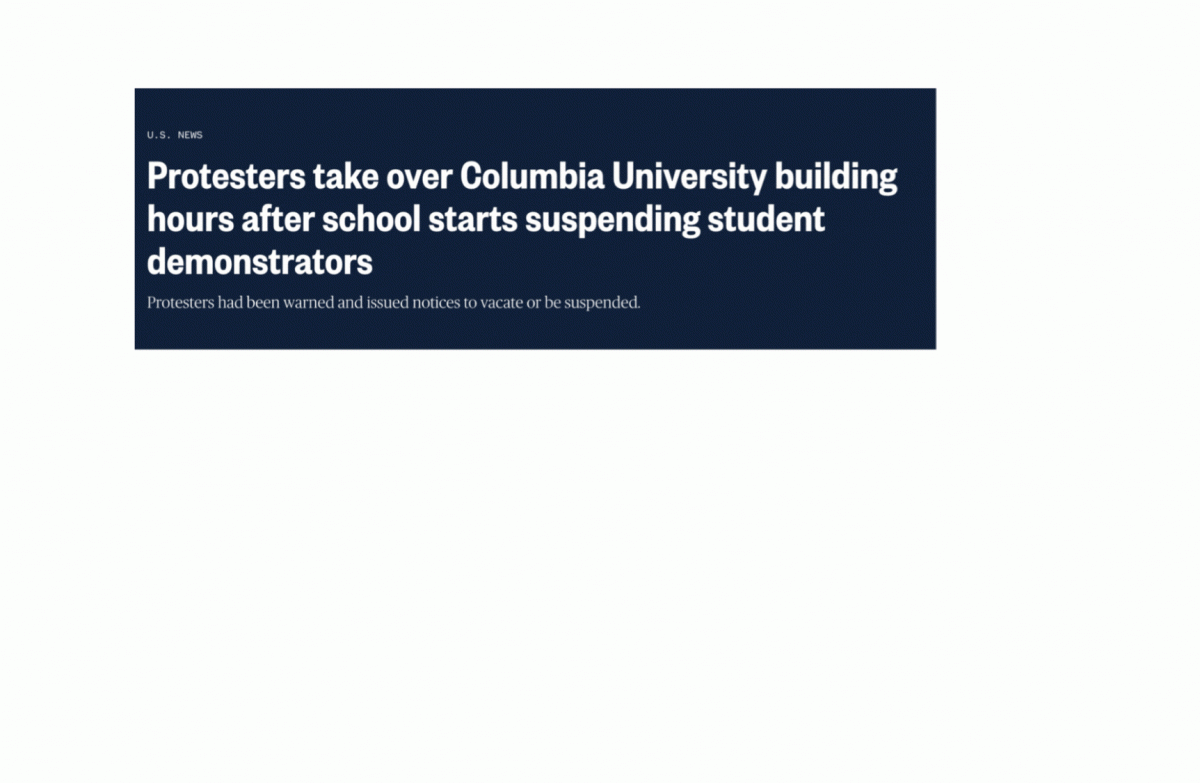


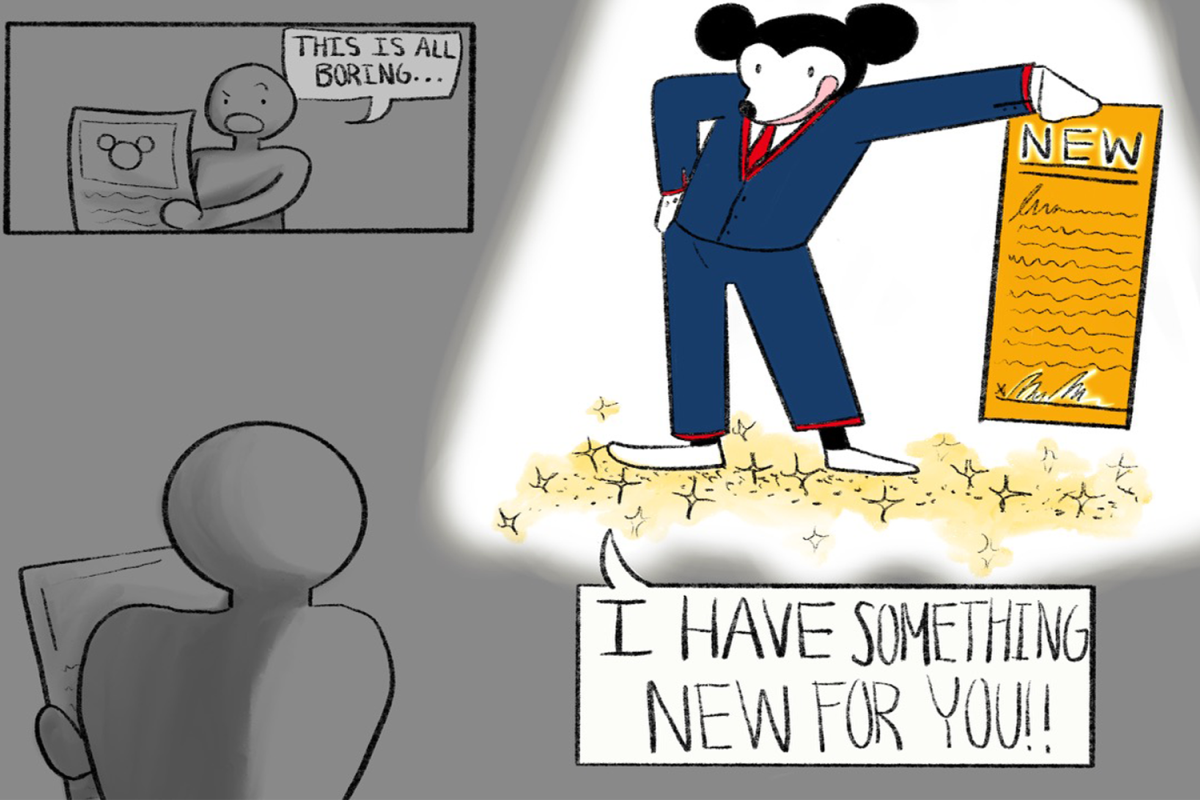
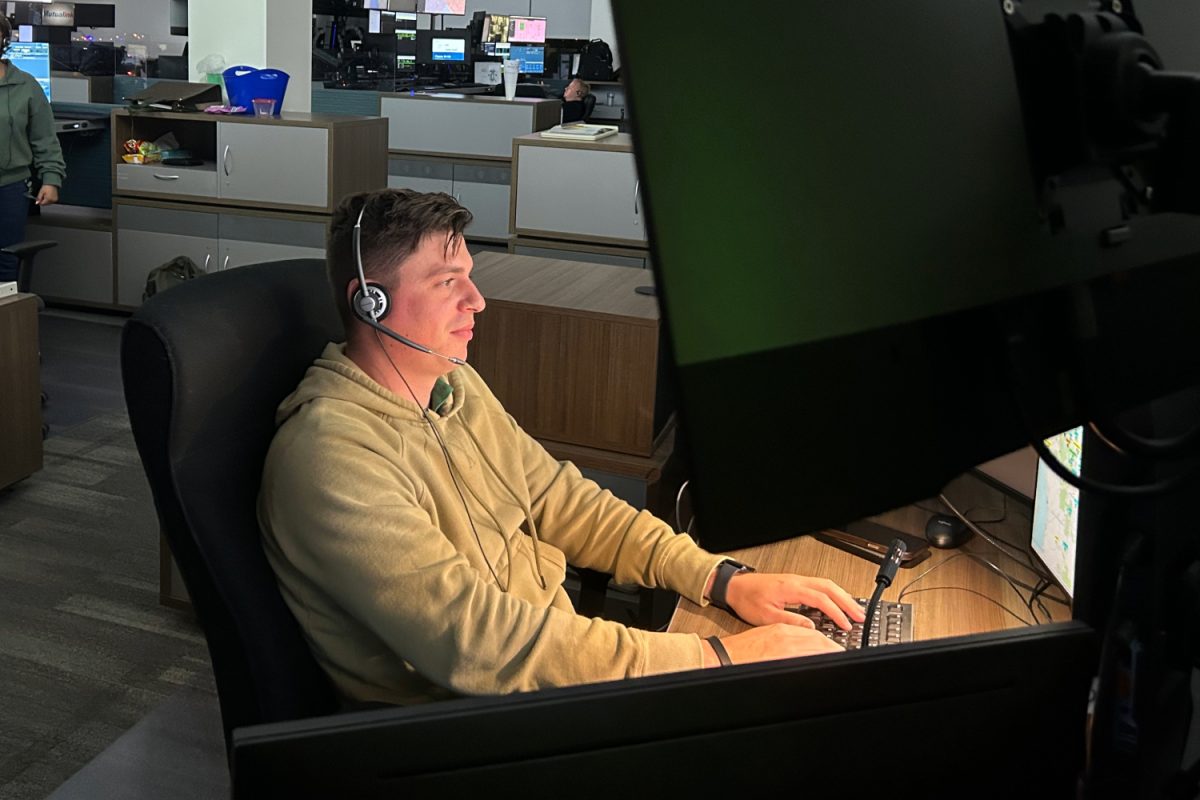






Jim Kelly • Feb 2, 2019 at 4:52 pm
Thank you Shayna for such a well-written and important article. As you probably know, I am a big proponent of project-based or hands-on learning. I really hope that there can be more exposure to this topic from our students. It’s great to hear you and others speaking out and expecting quality instruction from your teachers. I also liked the graphic of “Teaching Techniques Throughout The World.” The European model of using more iPads and technology as a means of one-to-one teaching is something I’m not a big fan of though. As you also probably know from my class, I believe that the connection and relationship that you spoke of in your first couple paragraphs cannot be adequately achieved from a computer. Either way, thank you again for a truly solid piece of journalism!